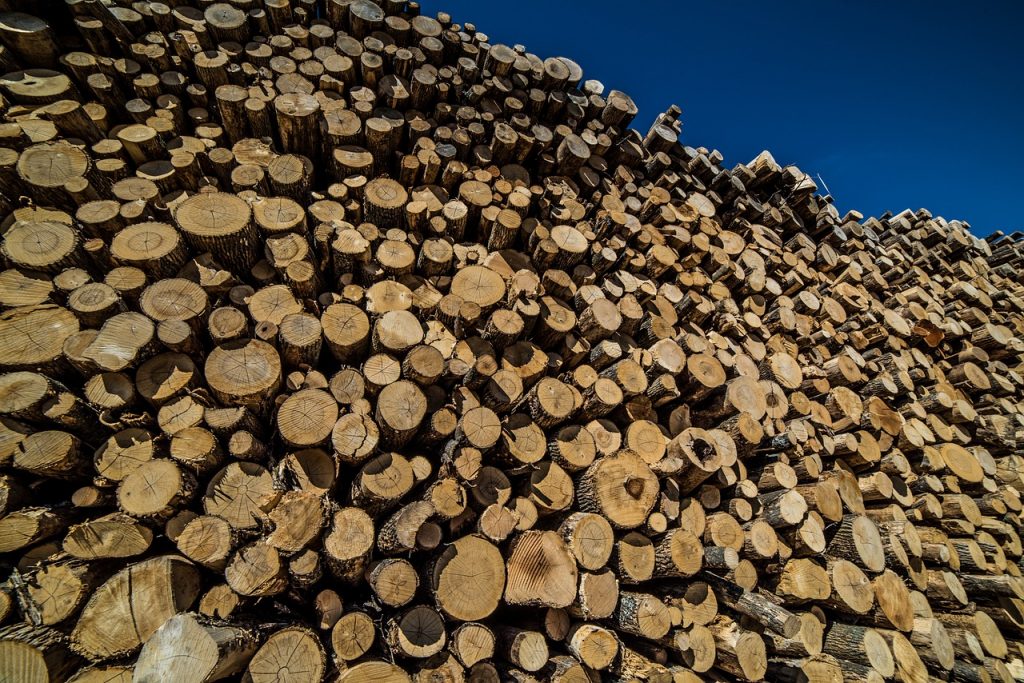
Today, NEPCon releases the NEPCon Sourcing Hub. According to NEPCon this is the biggest and most detailed collection of forest-related risk assessments that have ever been published. The Sourcing Hub is to companies meet due diligence requirements of market regulation such as the EU Timber Regulation (EUTR). The Hub contains assessments of the risks of illegal timber production and trade in 62 countries, covering 87% of global timber production.
While most data is available for timber, the Sourcing Hub also contains risk assessments for palm oil, soy and beef that address environmental, social and legality risks in 10 countries. The risk assessments cover 82% of global palm oil production.
In the risk assessments NEPCon identifies all legislation applicable to harvesting, transport and trade in each country, divided up into 21 different areas of law that are applicable to the EU Timber Regulation. The documents that are legally required for harvesting, transport and trade in each country, such as harvest permits, transport permits and business licences, are listed. For some countries, for example China, NEPCon also translates the most common legally-required documents to show where to find the key information that companies need to know.
All information on the Sourcing Hub is free for anyone to use and to download.
Where the risks of illegality vary for different types of forest, NEPCon gives a separate risk conclusion. For example, if timber from one geographical area of a country has fewer risks than another, or if timber from plantations has fewer risks than timber from natural forests, this is identified.
NEPCon is holding free training workshops on the EU Timber Regulation and the NEPCon Sourcing Hub in 12 EU countries in autumn.
The NEPCon Sourcing Hub is funded by the European Commission; the UK Department for International Development; Danida, part of the Danish Ministry of Foreign Affairs; the Forest Stewardship CouncilTM; and NEPCon. Companies in the EU, US and Australia are required by law to minimise the risk of placing timber on the market that was illegal in its country of harvest [6]. This is important given that illegal logging is estimated to make up 15%-30% of the global timber trade [7].





